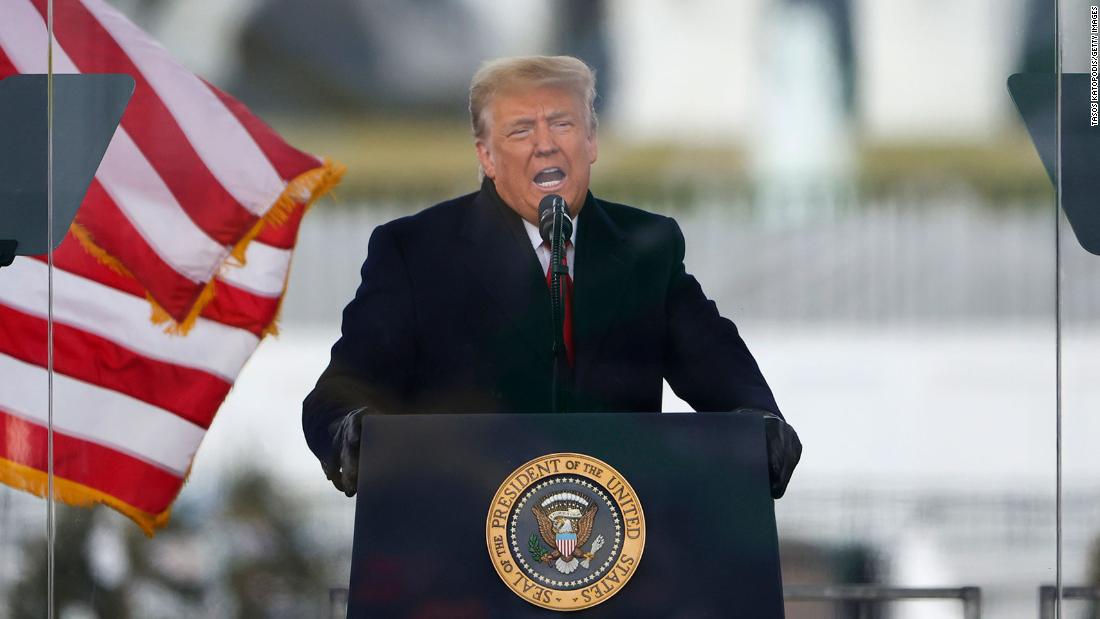Orwell may have had the year wrong. He may have been wrong about which side of the political coin would bring an extreme dystopia, but…
Do you really believe that Orwell indicated that his dystopian future was the product of one particular side of the political coin?
It’s pretty clear to me that he did no such thing; 1984 was set in a world of authoritarianism, but there was no clear indication of whether this started with fascist or communist authorities, and indeed a major theme of the book is that it doesn’t matter - he describes power as being an end in itself, not a means to an end.
1984 wasn’t a warning against one side of the political coin; It was a warning against giving total power to anyone.
This may not have been something that the superpower bloc you were raised in was keen to emphasise, but Orwell wasn’t saying that
the other side’s totalitarianism was bad - he was saying that
all totalitarianism is bad.
Actually, as Winston well knew, it was only four years since Oceania had been at war with Eastasia and in alliance with Eurasia. But that was merely a piece of furtive knowledge which he happened to possess because his memory was not satisfactorily under control. Officially the change of partners had never happened. Oceania was at war with Eurasia: therefore Oceania had always been at war with Eurasia. The enemy of the moment always represented absolute evil, and it followed that any past or future agreement with him was impossible.
This was written in 1949; Not coincidentally, four years after the USSR had heroically won the war for freedom against the Third Reich, and at a time when the USSR was being portrayed as an eternal enemy of freedom.
Orwell very, very clearly wasn’t ascribing his dystopia to the dominance of one side or the other, but to the absolute loyalty demanded by authorities on every side. A loyalty so unthinking and deep-seated that even intelligent people would automatically assume that anything described in unflattering terms must be a description of the enemy
de jour.
Such as, for example, an American reading his novel about totalitarianism, and believing that it must be descriptive of the Soviet Union, because it portrays a world that is harsh and unpleasant, and therefore couldn’t possibly be about the future of any of the “good guys”.

www.rollingstone.com

